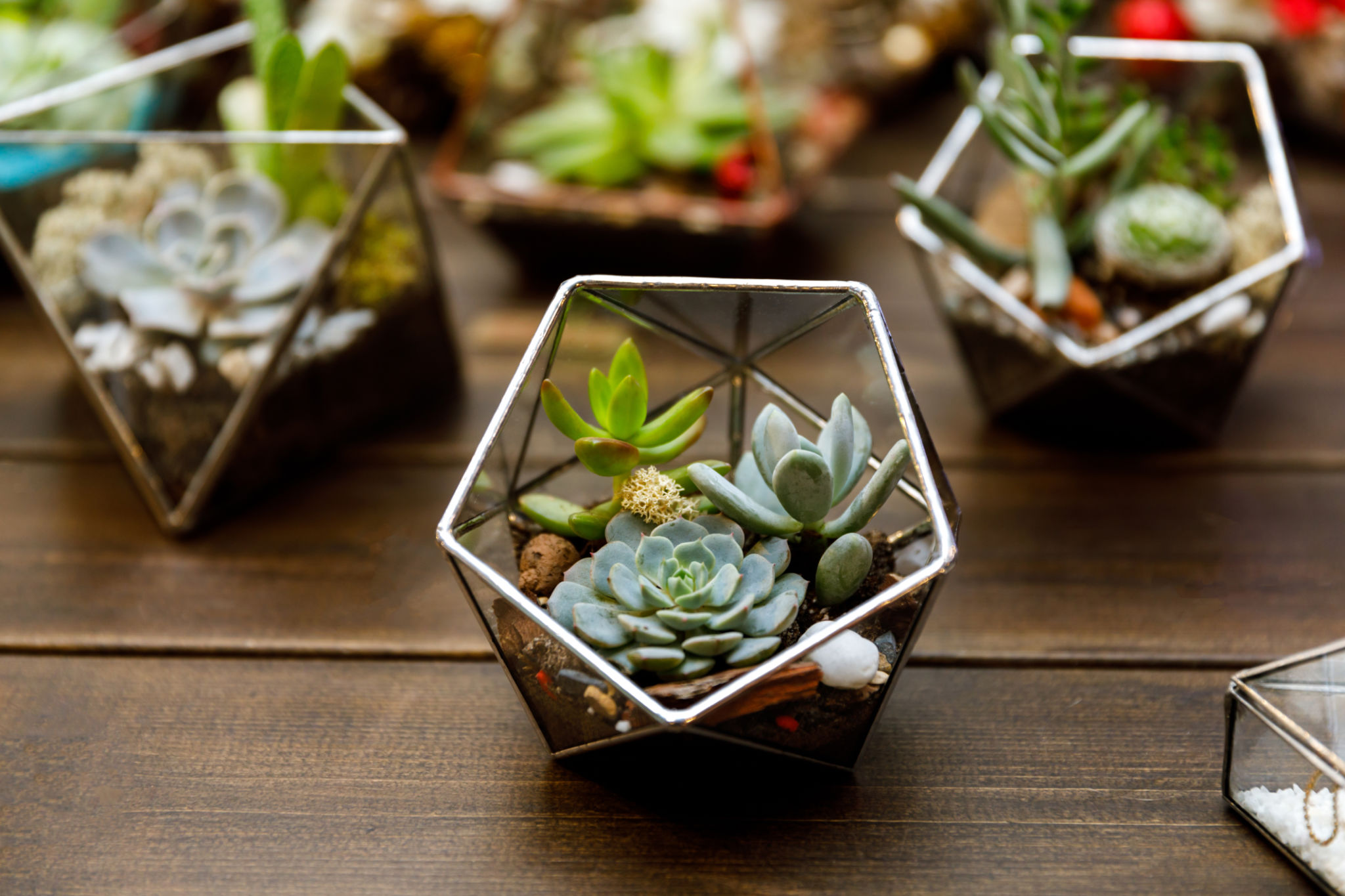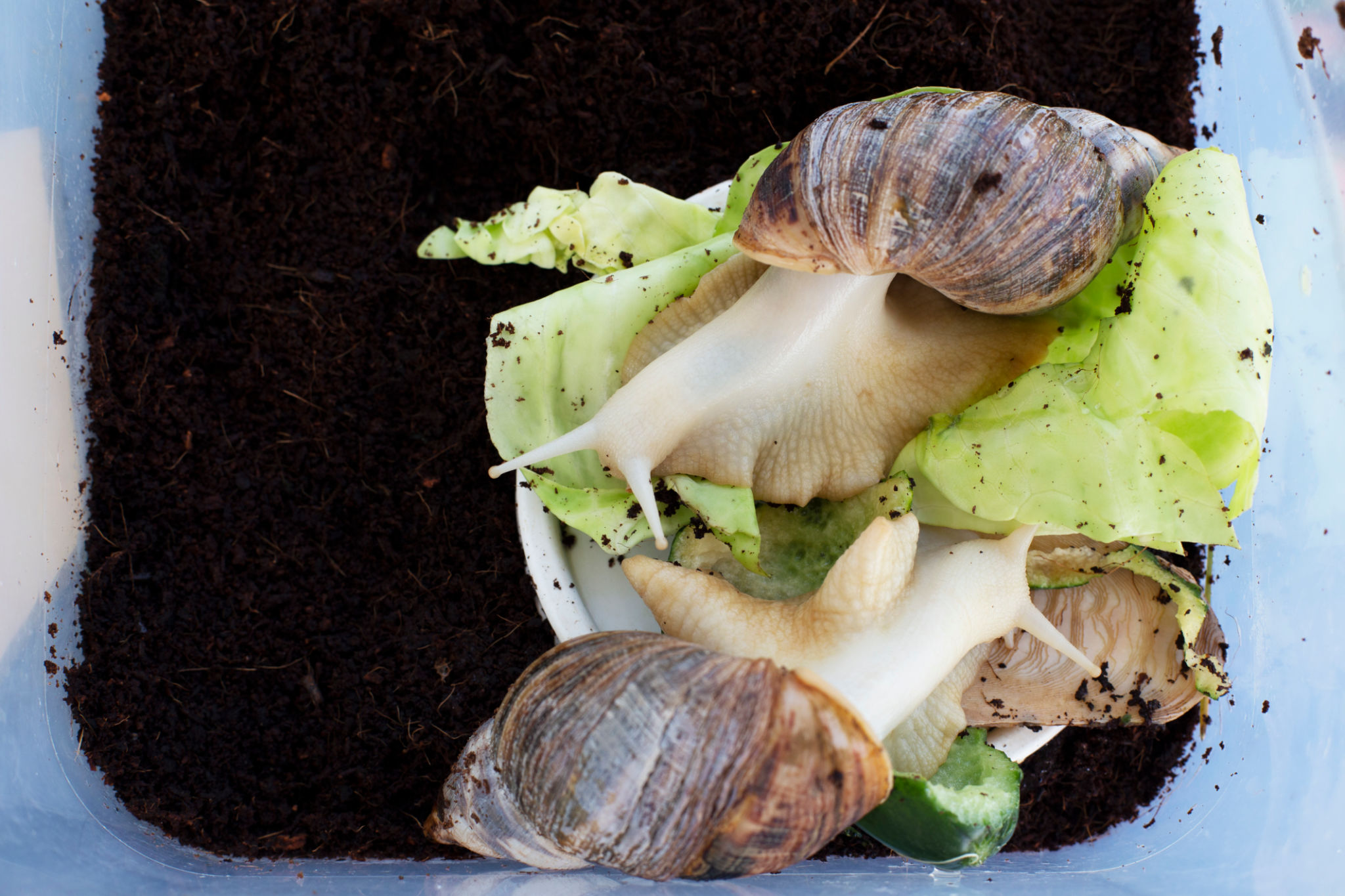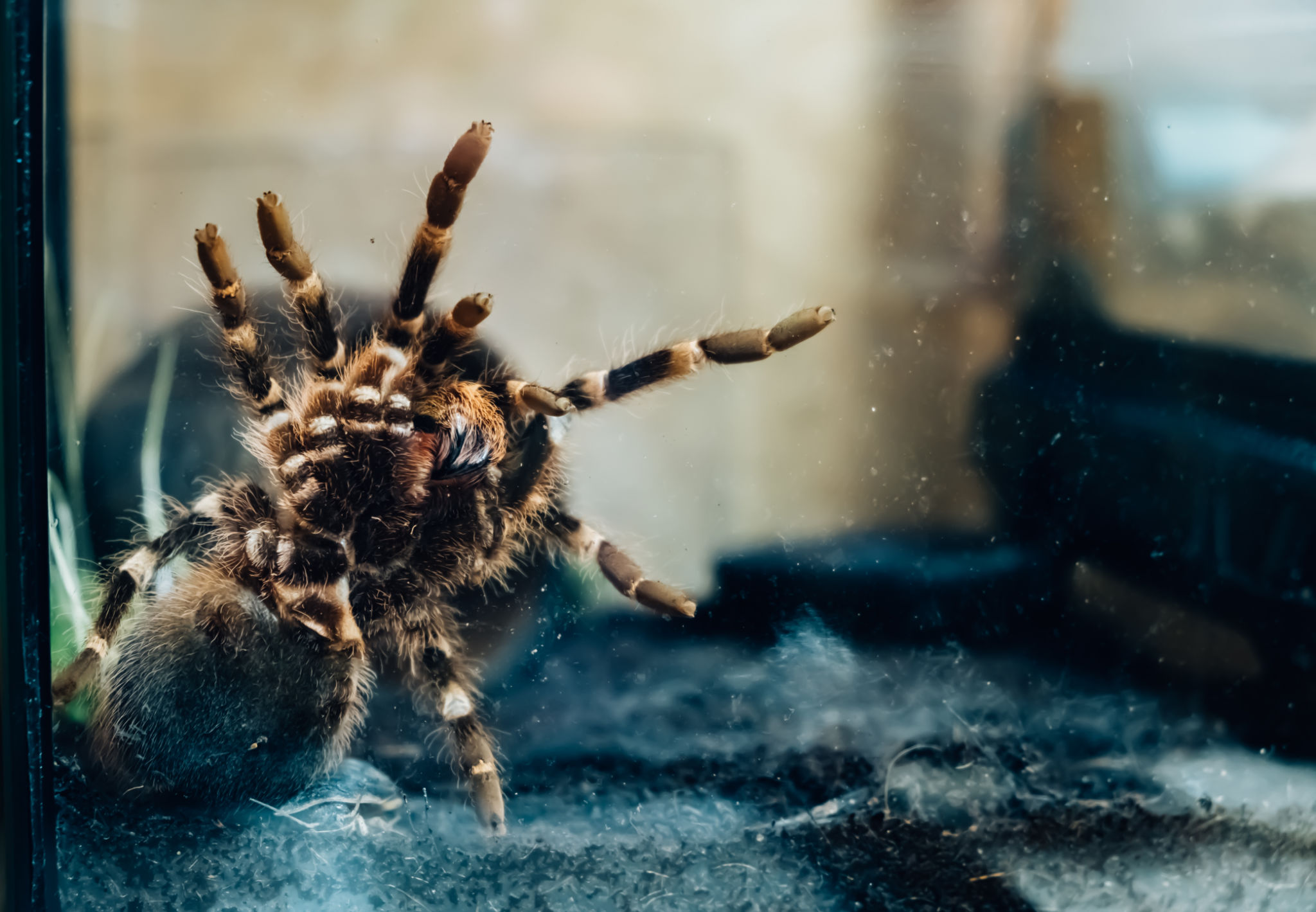Debunking Myths About Indoor Terrariums
Introduction to Indoor Terrariums
Indoor terrariums have become a popular trend in home decor, bringing a touch of nature into urban living spaces. Despite their popularity, many misconceptions about these miniature, self-sustaining ecosystems persist. In this post, we aim to debunk some of the most common myths surrounding indoor terrariums.
Myth 1: Terrariums Require Constant Maintenance
One of the most prevalent myths is that terrariums require constant attention and maintenance. In reality, terrariums are designed to be low-maintenance. Once set up correctly, they typically only need occasional watering and trimming. The enclosed environment helps maintain humidity and reduces the need for frequent care.
For a closed terrarium, you might only need to water it once every few months as the plants recycle water through condensation. Open terrariums may need more frequent watering, depending on the plants used and the ambient environment.

Myth 2: Only Cacti and Succulents Can Thrive
Another common misconception is that only cacti and succulents can thrive in terrariums. While these plants are popular due to their drought-resistant nature, a wide variety of plants can flourish in a terrarium setting. Ferns, mosses, air plants, and even some orchids can make excellent choices for creating a lush, green environment.
The key is selecting plants that have similar light and moisture requirements. This ensures that all the plants within your terrarium coexist harmoniously.
Myth 3: Terrariums Are Just Decorative
While terrariums undoubtedly serve as beautiful decor pieces, they offer more than mere aesthetic value. Terrariums can improve indoor air quality by increasing humidity and reducing dust. They also provide educational opportunities for both children and adults to learn about ecosystems, plant biology, and the water cycle.

Myth 4: Terrariums Cannot Be Customized
Some believe that terrariums must adhere to a strict formula and cannot be customized. On the contrary, terrariums offer endless possibilities for personalization. You can choose from a variety of containers—from glass jars to hanging globes—and incorporate decorative elements like stones, figurines, or sand to create a unique design.
The ability to customize makes terrariums a perfect project for expressing personal style or matching your home decor theme.

Myth 5: Terrariums Are Expensive to Create
Many assume that starting a terrarium is an expensive endeavor. However, creating a terrarium can be quite budget-friendly. Many of the materials needed, such as glass containers, soil, and small plants, can be sourced inexpensively from garden centers or even repurposed from items you already own.
Additionally, DIY terrarium kits are available at various price points, allowing you to create your own indoor garden without breaking the bank.
Conclusion
Terrariums are versatile, low-maintenance additions to any living space that offer both beauty and educational value. By understanding and debunking these common myths, you can confidently embark on creating your own indoor terrarium and enjoy the benefits of having a miniature ecosystem in your home.